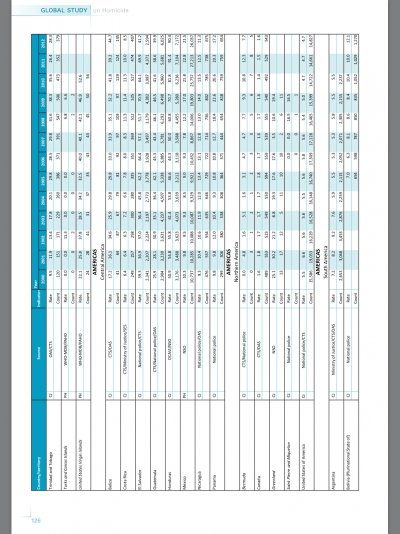First, the bad thing about a forum is it seems like arguing with the back and forth. I hope you don't take it that way.
No worries.

What I read seems to be a statement of facts. What inferences are taken from this depends on the reader's age, experiences, travel history, current living arrangement and on and on. How would you write it?
How I'd write travel warnings that are useful for travelers is a good and fair question.
The first thing I'd do is exercise a great deal of editorial discretion in choosing which facts were relevant to highlight for travelers.
A single incident, on a single day, in a single city that resulted in the deaths of 0.002% of the French population is not something I'd choose to highlight as a legitimate risk for travelers to France.
Nor would I highlight that in the U.S. more people die from firearms
each week than have died at the hands of terrorists in France since the
turn of the century. It's factually accurate. It's also entirely irrelevant to people visiting the U.S. (although it might be useful for American's looking to decrease their risk by spending some time in France

The only things we do by highlighting these kinds of facts and labeling them as "government warning" is overstate their significance and therefore undermine the credibility of all other travel warnings.
I'd similarly avoid highlighting generalized risks that are present everywhere (sorry, but terrorism pretty much fits the bill these days for any major city.) So no warnings about crime either unless the level of crime is particularly elevated.
And if I'm warning about crime, I'm going to want to be specific about what kinds of crime, where it tends to happen, and who are the most likely victims. In Mexico the victims are often people who engage in the drug trade and not tourists.
If there's specific regions or neighborhoods where crime is endemic, then I'd want to convey that specific information as well. And also make sure I highlight if there are areas not similarly effected. Mexico certainly has places that are perfectly safe along with other regions that are not so safe.
Because only with specific, targeted, and relevant information can people actually take actions to protect themselves.

